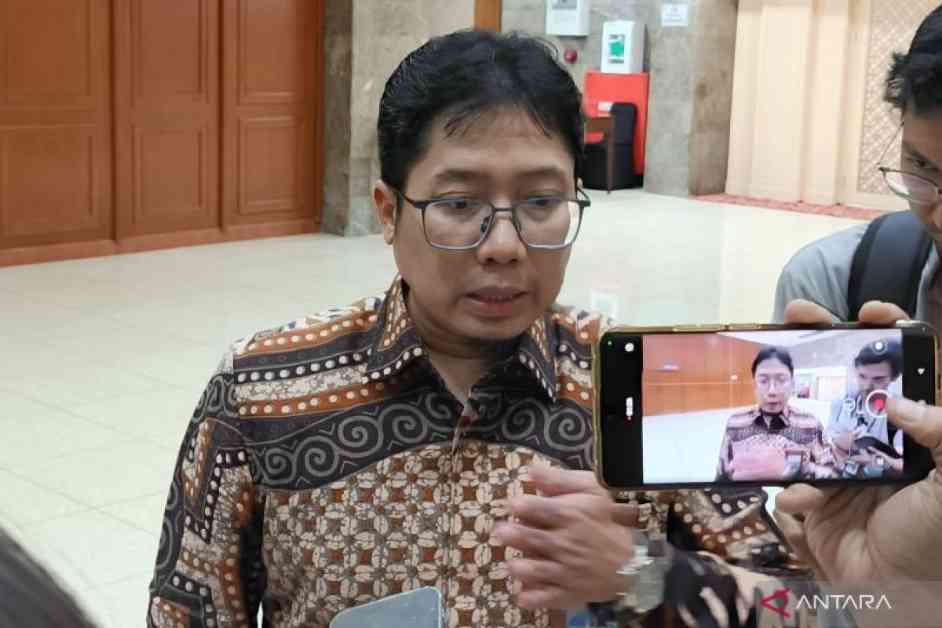Boost in Automotive Industry Investments: Government Reports 43% Increase in 5 Years
Jakarta (ANTARA) – In a significant development for the automotive industry, the Ministry of Investment and Downstreaming has revealed a staggering 43% increase in investments over the past five years. This surge, as reported by the Director of investment deregulation at the ministry, Dendy Apriandi, showcases a positive trend in the sector, pointing towards a promising future for automotive manufacturing and innovation.
Massive Investment Growth:
As of September 2024, the ministry documented a total investment of Rp31.7 trillion, marking a remarkable 43% rise from Rp11.04 trillion in 2019. This substantial increase in investments underscores the growing confidence of both foreign and domestic investors in the automotive industry. The breakdown of the Rp31.7 trillion investment reveals a significant portion from foreign sources, amounting to Rp28.15 trillion, with domestic investments contributing Rp3.6 trillion to the total.
Diversified Industry Growth:
Among the various sectors within the automotive industry, notable growth was observed in the battery industry, four-wheeled vehicle manufacturing, and two-wheeled vehicle production. These sectors accounted for 15%, 73%, and 11% of the total investments, respectively, demonstrating a diversified and robust growth trajectory in the industry.
Key Investors and Inflows:
During the 2019–2024 period, Japan emerged as the leading investor in the automotive sector, injecting Rp75 trillion into the industry. This was followed by South Korea (Rp44.25 trillion), Singapore (Rp5.5 trillion), Hong Kong (Rp3.59 trillion), and China (Rp1.04 trillion). The influx of funds into the automotive sector totaled Rp107 trillion, with substantial investments in two- and three-wheeled vehicles (Rp16.7 trillion) and batteries (Rp22.1 trillion).
Strategies for Continued Growth:
To sustain and further accelerate investments in the automotive industry, the ministry has implemented several strategic initiatives. These include vocational education programs tailored to meet industry demands, competitive investment incentives focusing on electric vehicles, and regulatory enhancements aimed at fostering a conducive investment environment. Additionally, measures such as tax holidays, allowances, and import duty exemptions have been introduced to incentivize investments in the electric vehicle segment.
As the automotive industry continues to witness robust growth and investments, stakeholders are optimistic about the sector’s potential to drive economic development and technological advancement in the coming years. The government’s proactive approach towards fostering a conducive investment climate bodes well for the future of the automotive industry in Indonesia.
—
Driving Innovation and Growth in Automotive Sector
Are you curious about the future of electric vehicles in Indonesia’s automotive landscape? Find out how strategic investments and regulatory incentives are shaping the industry’s trajectory towards sustainable growth and innovation.
Empowering Workforce through Vocational Education
Discover how vocational education programs are equipping the next generation of automotive professionals with the skills and knowledge needed to thrive in a dynamic and evolving industry.
Sustainable Practices for a Greener Tomorrow
Explore the impact of investments in electric vehicles and sustainable technologies on environmental conservation and the transition towards a cleaner, more sustainable automotive ecosystem.






















